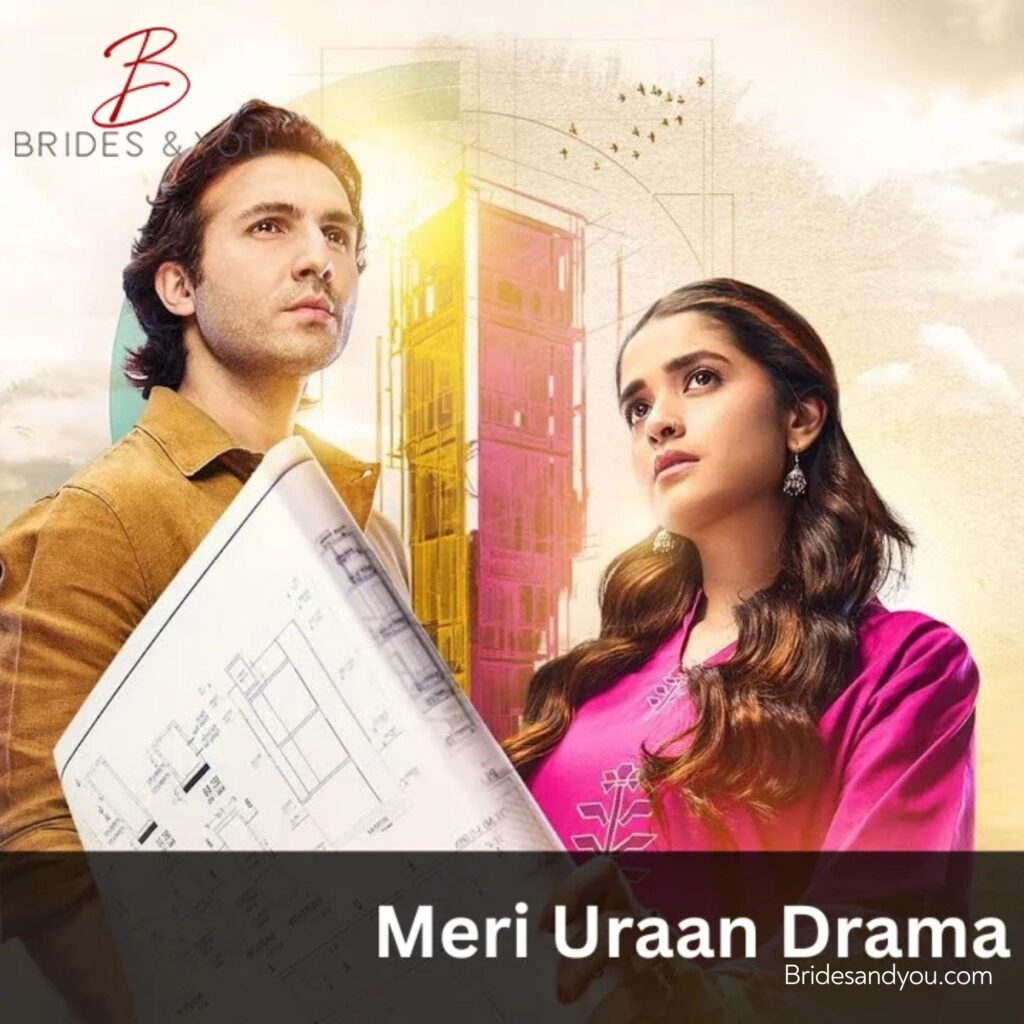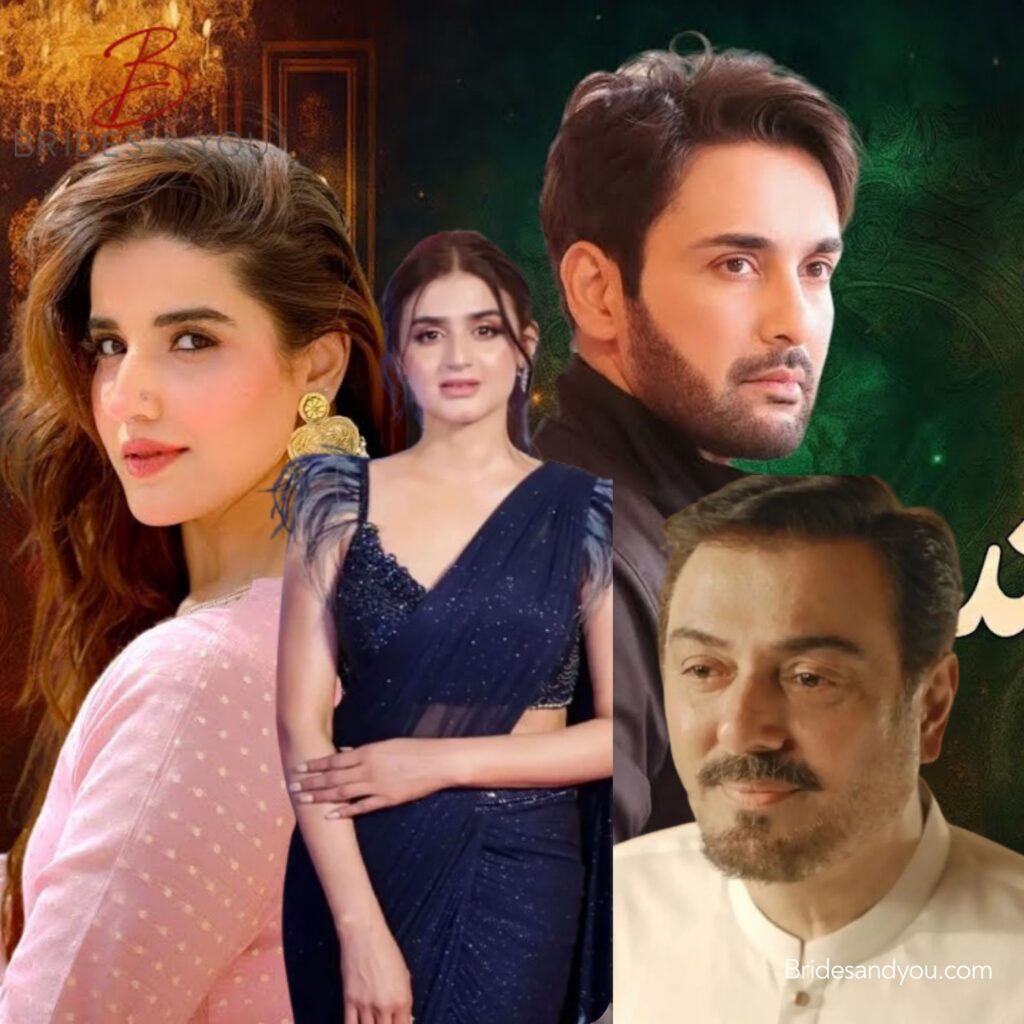Now Reading: Dil Wali Gali Mein: A Unique Ramadan Drama on Hum TV
-
01
Dil Wali Gali Mein: A Unique Ramadan Drama on Hum TV
Dil Wali Gali Mein: A Unique Ramadan Drama on Hum TV

Dil Wali Gali Mein, a fresh Ramadan drama on Hum TV, is already making waves among viewers. With Sajal Aly and Hamza Sohail in the lead roles, the drama takes a different approach from the typical lighthearted Ramadan serials. Instead of only focusing on humor and romance, it delves into the real-life struggles of marriage and the complexities of family dynamics.

A Love Story Beyond the Fairytale Ending
The story revolves around Deeju and Mujji, two young individuals who fall in love and decide to get married. However, the drama challenges the notion that love is the final destination. Instead, it portrays the reality of married life, its struggles, and the societal norms that can make relationships complicated.
One of the most talked-about aspects of the drama is Deeju’s post-marriage experience. After moving into Mujji’s home— which also functions as a school— she is shocked to find out that the “attached bathroom” Mujji mentioned is actually the school staff’s washroom. This situation highlights a bigger issue: the compromises and discomforts women often face after marriage.

A Debate on the Joint Family System
These scenes have sparked widespread discussions online. Many viewers feel that the drama accurately reflects the struggles of married women living in joint families, where even basic necessities like privacy and personal space are often neglected. Social media users have pointed out that:
- The joint family system can be suffocating if a bride has to struggle for something as basic as a washroom.
- Mothers-in-law are often portrayed as controlling, making it difficult for a son to prioritize his wife’s needs.
- New brides in such households are expected to adjust, sometimes at the cost of their mental and emotional well-being.
However, not all viewers are convinced. Some believe the drama lacks a traditional Ramadan theme and does not provide the same warm, spiritual feeling that most Ramadan dramas offer.

Final Thoughts
Despite mixed opinions, Dil Wali Gali Mein stands out for sparking conversations about marital struggles, family expectations, and societal norms. Whether or not it fits the conventional Ramadan drama mold, it is undoubtedly making an impact by portraying the raw realities of relationships.













